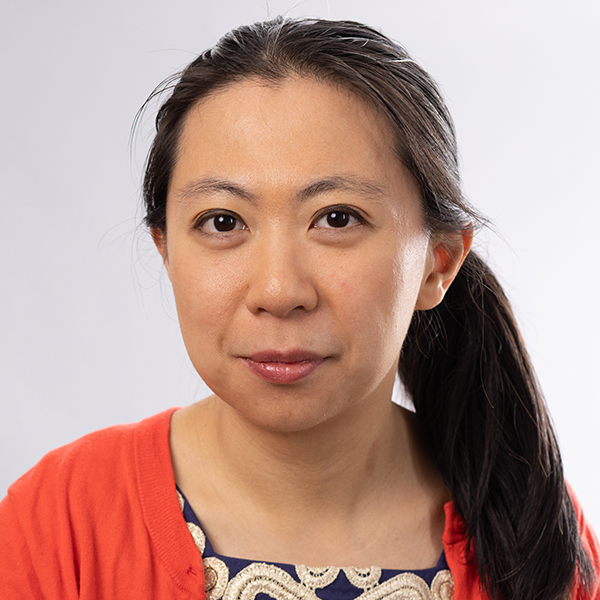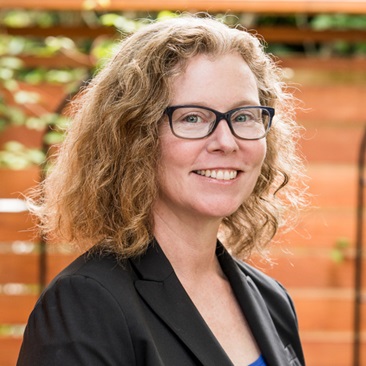full-time faculty teaching and conducting research in political science
of Maxwell faculty conduct research focused outside of the U.S.
graduate students in residence; fewer than 12 admitted each year
Undergraduate Studies
Graduate Studies

I am Maxwell.
Civic engagement is a core value for me. I have always aspired to help the communities I’m from.” Mazaher Kaila, a Maxwell alumna and third-year student at Syracuse University's College of Law, moved with her family from Sudan to Central New York when she was four years old. “I realized that to make meaningful change in society, I needed to understand the systems that power it—government and politics—and that’s insight I would gain by studying political science.”
Mazaher Kaila ’19, L’22
political science, law
White Discusses His Research on History of Racial Inequality in Diverse: Issues in Higher Education
March 27, 2023
Diverse: Issues in Higher Education
Steven White, assistant professor of political science, recently co-wrote a paper, “Historical Information and Beliefs About Racial Inequality,” that addresses whether learning about history can prompt individuals to think in systemic ways about issues like racial inequality.
“We sort of show at least some suggestive survey evidence that talking to people very explicitly and straightforwardly about these historical reasons why inequality persists can at least at the margins make people more open to thinking about race in a more structural way [and] taking inequality seriously,” says White.
“It made me at least marginally hopeful that this sort of information can matter,” he says.
Read more in the Diverse: Issues in Higher Education article, “Thinking Critically With Straightforward Talk on History of Racial Inequality.”
Related News
Commentary

Aug 1, 2024
Commentary

Jul 31, 2024
Commentary

Jul 30, 2024
BaoBao Zhang Joins First Cohort of AI2050 Early Career Fellows
One of only 15 scholars chosen from across the U.S., Zhang will receive up to $200,000 in research funding over the next two years. Zhang will use the funding to partner with the nonprofit, non-partisan Center for New Democratic Processes to test whether public participation in AI governance is increased through the creation of public assemblies, known as “deliberative democracy workshops.”
Baobao Zhang
Assistant Professor, Political Science Department

White Discusses His Research on History of Racial Inequality in Diverse: Issues in Higher Education
March 27, 2023
Diverse: Issues in Higher Education
Steven White, assistant professor of political science, recently co-wrote a paper, “Historical Information and Beliefs About Racial Inequality,” that addresses whether learning about history can prompt individuals to think in systemic ways about issues like racial inequality.
“We sort of show at least some suggestive survey evidence that talking to people very explicitly and straightforwardly about these historical reasons why inequality persists can at least at the margins make people more open to thinking about race in a more structural way [and] taking inequality seriously,” says White.
“It made me at least marginally hopeful that this sort of information can matter,” he says.
Read more in the Diverse: Issues in Higher Education article, “Thinking Critically With Straightforward Talk on History of Racial Inequality.”
Related News
Commentary

Aug 1, 2024
Commentary

Jul 31, 2024
Commentary

Jul 30, 2024

